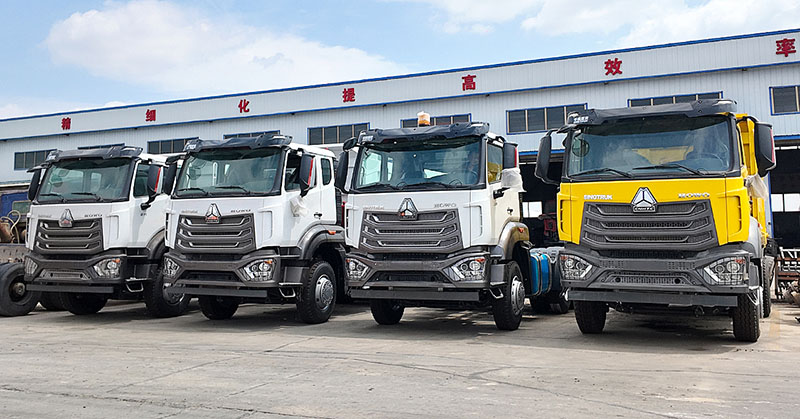Import Restrictions and Tariffs on Used Trucks
Importing used trucks can be a smart business decision — offering access to reliable vehicles at lower prices. However, buyers must understand that import restrictions and tariffs play a major role in determining the final cost and feasibility of bringing these trucks into a country.

Here are the key factors to consider:
1. Government Import Regulations
Each country has its own rules on used truck imports. Some nations, like Kenya or Ghana, limit the age of used vehicles—often allowing imports no older than 8 or 10 years. Others may require strict emission standards or inspections before entry. Understanding these local regulations helps avoid shipment delays or penalties at customs.
2. Import Tariffs and Taxes
Tariffs are the biggest cost factor in importing used trucks. Governments apply import duties, value-added tax (VAT), and sometimes environmental levies. For example, African countries such as Nigeria, Tanzania, and Zambia typically charge 20–45% in total import taxes depending on vehicle type and engine capacity. Buyers should always calculate these fees before purchase to know the real landing cost.
3. Required Documentation and Compliance
To import successfully, complete paperwork is essential. Common documents include the bill of lading, commercial invoice, certificate of origin, and roadworthiness certificate. Trucks without proper documentation may face long clearance times or even confiscation. Partnering with an experienced exporter ensures compliance and smooth customs processing.
Conclusion
While importing used trucks can save costs, understanding restrictions, tariffs, and paperwork is crucial. By researching local laws and choosing a trustworthy supplier, importers can avoid unnecessary expenses and ensure a legal, efficient process.
Tip: Always confirm the latest import policies before purchase—rules and tariffs can change frequently depending on government trade regulations.
